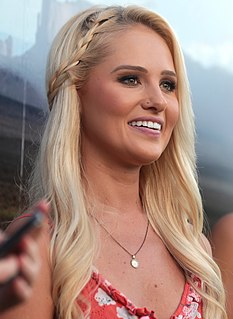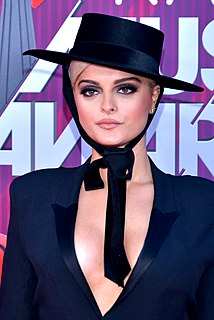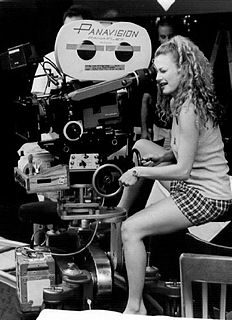A Quote by Emma Healey
I was very worried about whether I could do it or not. I mean, how arrogant - here I am in my 20s trying to write from the point of view of a woman in her 80s.
Related Quotes
[On how she goes about trying to live authentically] Well really listening to my point of view and if I am on a set, say, that doesn't really value a woman's point of view, regardless of how they feel, continuing to give my point of view and try to find a way to be heard and not diminishing myself because other people are diminishing me. Because that, I think, is the worst temptation that, you know, you judge yourself by how others are judging you, and to fall into that trap is to walk into the realm of self-annihilation.
The Divine Comedy is a political poem and when you say poetry is not about - he's always quoted out of context, that "poetry makes nothing happen," that doesn't mean you shrug your shoulders and don't try to make anything happen. And Dante felt that poetry was engaged, there was a point of view; it's not my point of view, it's orthodox medieval Christianity, and I have my troubles with that. He didn't feel that you could just rule out so important a section of life - we care about these things, and it's out of caring about them that we write poetry.
I admire Joyce Maynard a lot, specifically her memoir "At Home in the World." Her writing is beautiful and fascinating and seemed to give me validation to the idea that I could write validly in earnest about my life with (my) very feminine point of view, and also that I could unapologetically explore the bad traits of my character (which I find to be more interesting to explore than the good traits), as well as explore other concepts that interest me like private vs public personas, age gap relationships, etc.







































